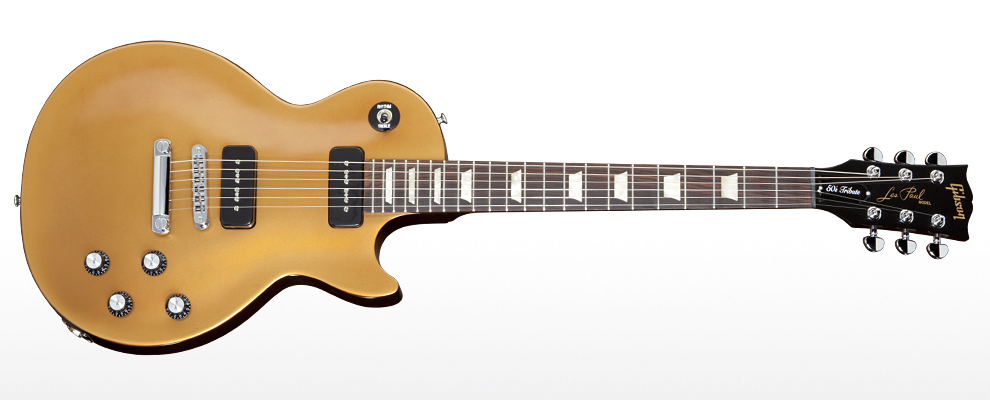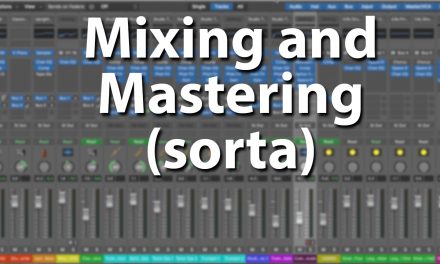I’ve been studying the music business for over 30 years. And the Internet changed everything except for people’s desire to make original music. I was wrong about some things – a lot of people were – but we often learn more from failure than success. A lot of people are saying what I’m about to say, so I’m not claiming to be a guru. But I do think that if you want to make a living using your own music, it is more possible now than ever before.
No, really. But of course, there are some catches. Still, this is a fantastic time to be an original artist. Here is a short list of what you need to be able to pull this off:
- You need to be writing, recording, and performing very good music
- You need to be willing to modify your music to better meet the needs of your current and future fans
- You need to get good at making videos for your songs that are creative, interesting, and cheap to make
- You need to be in a genre that contains people willing to pay to hear live music
- You need to be willing to become a very good business person
- You need to be willing to do live shows and travel
So step 1 is get really good at writing, recording, performing, and understanding the new music biz. Once you’re ready, here’s the plan:
- Write and record (and practice) great songs.
- Make a video of one of your original songs.
- Record a cover song that is popular in your genre but not too popular.
- Make a video of your cover song.
- Repeat steps 2 through 4 over and over and over again, releasing at least one new original song per month. But pay attention to analytics. See which covers work and which don’t, which original songs work and which don’t. Let that impact which covers you record. Rework/rewrite songs to match the tastes of the people who are following you. Also, you should be doing the typical social media stuff and building a mailing list
- When you have a big enough audience somewhere, book a gig and blast it out on social media. Book a gig you can “sell out.” This will create future demand.
- Do steps 1 – 6 over and over and over.
So this does mean I’m recommending changing your music to be more appealing to people. Some will see that as “selling out.” If you want to make a living, AND you want to keep your artistic integrity, get big enough where you no longer need to sell out. John Mayer’s first album seemed to be pretty pop-oriented, with a hint of jazz. Once he got big, he started doing whatever the hell he wanted.
Most people won’t be able to pull all of this off. Hell, it’s hard enough writing a good song, and when you do, some folks will listen to it and hate it. But being able to record it and have it sound professional? That’s a whole ‘nuther skill set. And to make a good video? Another skill set there, too. If you can’t do those things, partner with people who can.
Have you noticed that none of this advice mentions being in a band? You can certainly apply the entire formula above to a band scenario. But you’d better make sure everyone is cool with the entire plan before proceeding. Maybe the bass player doesn’t want to “pander.” Maybe the drummer is a pothead who can’t seem to make practice. If the players in your band are great, that’s awesome. Otherwise they’re a burden.
Here’s a recording secret – you’re not going to get a great drum sound with a real drummer. Not unless you have a great mic collection and a great sounding room to record in and someone who is a talented engineer. Meanwhile some dude with a laptop is going to use Steven Slate drums and his song will sound way better than yours. There ARE exceptions! If you play a style of music where the drums can be both lo fi and cool, you don’t have to worry about this. Also, IF you are a Pro Tools/Logic wiz, and your drummer doesn’t care, it is possible to replace drum recordings with samples. And then you can quantize the part. At that point, you might as well have your drummer program a drum machine. Ahem. Anyway…
Conversely, if you’re on your own, you make all the decisions and you decide when practice is and no one can quit or stop you. But you’d better be able to write all the parts AND play them AND they better be good. Or you need to at least be able to bribe some good musicians into recording parts for you.
Does all of this sound impossible? Hey, at least these are things you can do. In the old days, if a record company didn’t like you, that was it. Actually, if the guy in the mail room who had to listen to cassettes all day didn’t like you, that was it. People didn’t decide what was worth recording – music labels did. I’m glad that shit is over with. Old farts love to talk about “no quality control” these days. Screw that. If you want to make music, make it.
One more thing. My own personal opinion is that if I were a hobbyist musician and I was just doing music for fun, I might or might not still use the same plan. Every artist needs to decide how much they plan on listening to fan input. None of us are immune. You need to figure out what you really want. In some ways, that’s the hardest part. But I am guided by a single principal, and I think if you follow it, you’ll end up happier. Here it is: Music should be fun – if you’re not having fun, you’re doing it wrong.
Good luck, and send me links to your music! I’d love to hear it.
richard@budgetguitarist.com





